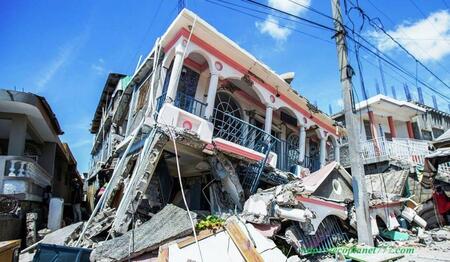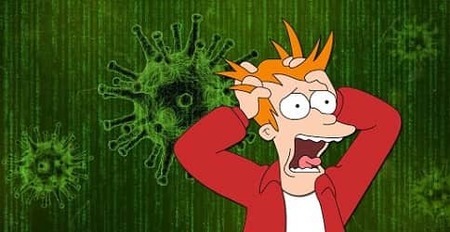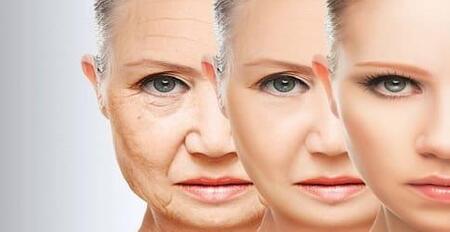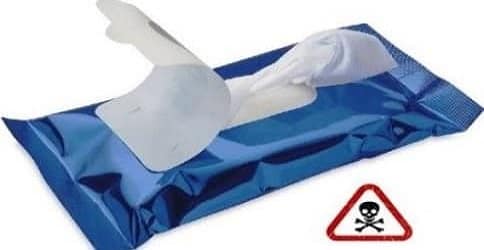
If nobody in your house wears nappies then you really should give up baby wipes – and here’s what you should use instead. The problem with wet wipes is that they contain non-biodegradable plastics. Many wet wipes are advertised as “flushable” but this is far from the case. Even if they are labelled flushable, this does not mean they should end up down your loo.
The wipes contain non-biodegradable plastic
Wet wipes are behind 93% of blockages in UK and USA sewers, a key element of the infamous giant obstacles known as fatbergs, according to Water UK and USA, the trade body representing all of the main water and sewerage companies in the country.
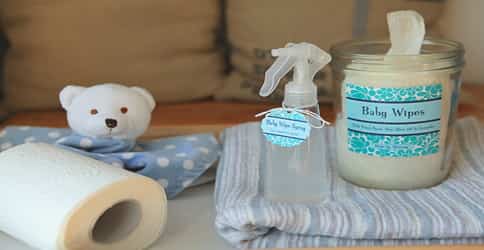
Despite the name, fatbergs are actually mainly made up of wet wipes. They account for a startling 93% of the material blocking our sewers according.
Wet wipes – mostly baby wipes, but also those used to remove make up and clean surfaces – made up the vast majority of the material.
1. The Effect On Babies’ Skin
And those chemicals, even in so-called sensitive wipes, are often potentially-irritating or raise red flags for their use on the especially-sensitive skin of tiny babies. Most are there as preservatives, but it turns out that even wipes that are ‘fragrance-free’ actually contain irritant ingredients (such as phthalates) to mask the odd smell of the unperfumed lotion.
2. Close Pop-in Reusable Bamboo Wipes
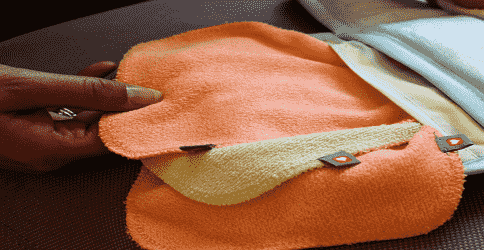
Another great option is the bamboo wipes. These super soft wipes are made from a bamboo and viscose mix rather than cotton which makes them naturally anti-bacterial. Perfect for multi-purpose use on delicate skin, face hands and bottoms. Alternatively you could do it yourself! Simply cut up old flannels, terry clothes, cloth napkins and use them as reusable wipes.
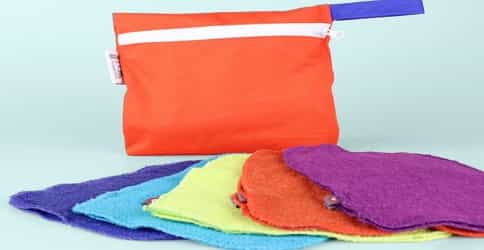
3. The Cost To The Earth
Not compostable, not recyclable, not flushable, wet wipes can take 100 years to degrade. And in between they’re clogging plumbing or ending up in landfill. Even the ones that claim to be biodegradable or flushable put a huge strain on our planet, polluting the seas with microplastics when they do start to break down.
One brand that seems better than most is Natracare, which has confirmed to us that its wipes are made from “just organic cotton cloth, no cellulose or viscose”. But the company stresses that even these are not flushable, though they are fully compostable: “The wipes are classed as brown compost, so in a healthy compost bin would break down within 12 months or sooner.”
4. Make your own wet wipes
You can pour or squeeze all kinds of liquids, gels or lotions onto dry tissue paper or cloths, for immediate use or storing short term in a sealed container.
One problem with making wet wipes from all-natural, preservative-free ingredients is that they’re more prone to either drying out or going a bit mouldy. So if you make your own, you have to accept they’ll have a limited shelf-life, and you’d need to make fresh batches fairly regularly.
5. Reusable double sided wipes
These wipes are a cotton and bamboo blend which are super soft on delicate skin. These wipes are 100% oekotex certified, free from alcohol, chlorins and parabens.
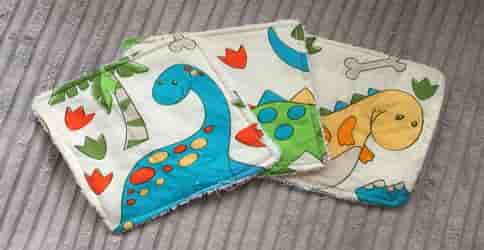
The reusable wipes come in a handy reusable pouch that double up as a waterproof bag, perfect for when you are on the go or storing your wipes at home. Once used, simply pop the dirty wipes in the washing machine on a wash at 40 degrees for wet spills or 60 degrees for soiled with natural powder. Then dry them either on the line or on a cool tumble dry setting.
6. Baby Bits
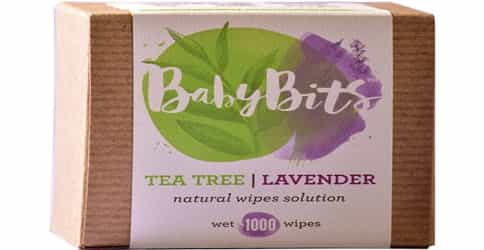
Baby Bits is a convenient and economical way to make your own natural wipes solution. Each Baby Bit cube dissolves in water to form a cleansing solution which you can use to wet a tissue or a dry cloth. Made from 100% natural and vegan ingredients, the solution is gentle and utilises the power of plant-derived ingredients to clean and cleanse.
- Magnetic storms: the sun is testing the planet🌪️ - 13.06.2024
- Why You Should Drink Chicory: Benefits and Harms 🌿 - 09.06.2024
- Innovative Choice: Sproud Milk – Your Ideal Plant-Based Drink 🌱 - 03.06.2024
